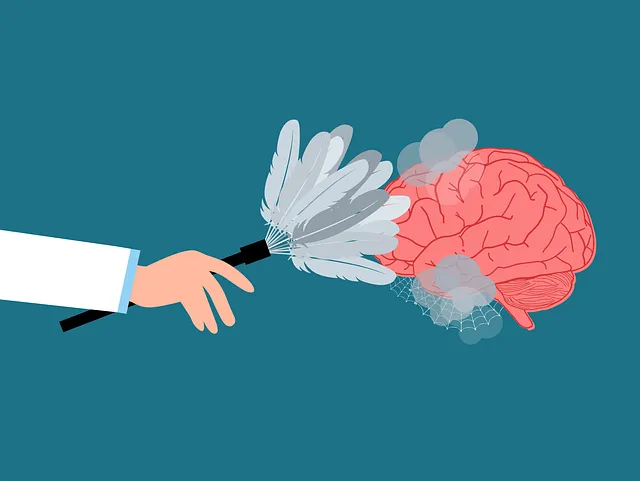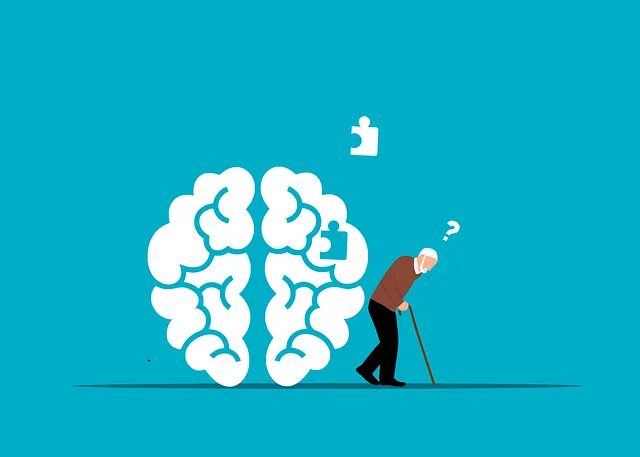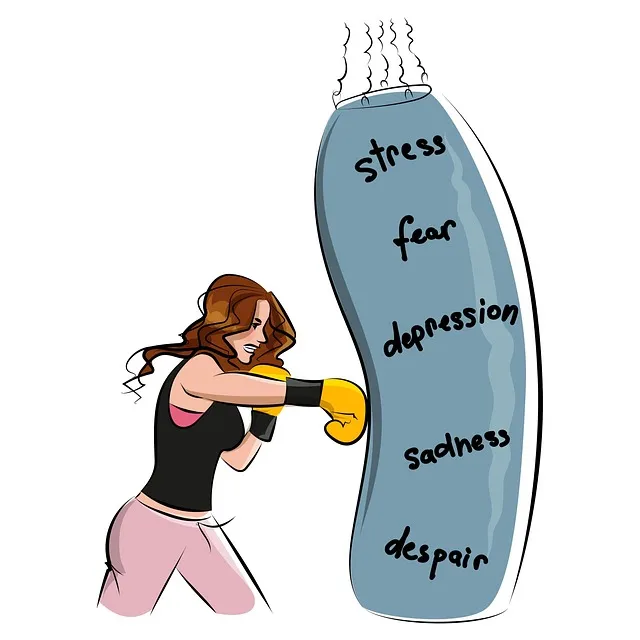The Englewood Kaiser Permanente mental health center prioritizes resilience as a cornerstone of mental well-being, implementing structured visiting hours through Recovery-Focused Practice (RFM). RFM shifts the focus from illness to wellness, encouraging active healing, self-care, and public awareness. Resilience-focused activities like Compassion Cultivation Practices (CCP) and Mental Wellness Journaling Exercises enhance emotional intelligence and promote mental wellness. Visiting hours are vital for patient recovery, offering social interaction, emotional support, and encouragement for self-care routines, especially beneficial for trauma survivors or those struggling with burnout. This structured regimen also strengthens patient-therapist relationships and enhances adherence to treatment plans.
“At Englewood Kaiser Permanente Mental Health Center, we’re pioneering innovative approaches to enhance patient resilience, with a key strategy being the implementation of RFM (Recovery-Focused Models). This article delves into how RFM principles are woven into our daily practices. From resilience-focused activities to structured visiting hours at the Englewood Kaiser Permanente mental health center, these initiatives aim to empower patients on their journey towards recovery. We explore the profound impact of visiting hours in particular, highlighting its role in fostering patient engagement and accelerating healing.”
- Understanding RFM and Its Role in Resilience Building
- Resilience-Focused Activities at Englewood Kaiser Permanente Mental Health Center
- Visiting Hours and the Impact on Patient Engagement and Recovery
Understanding RFM and Its Role in Resilience Building

Resilience is a vital component of mental well-being, enabling individuals to navigate life’s challenges and adapt to change. At the Englewood Kaiser Permanente mental health center, visiting hours are designed to support this journey towards resilience through a structured approach known as RFM (Recovery-Focused Practice). This method emphasizes hope, strength, and recovery, shifting the narrative from one of illness to one of wellness.
RFM serves as a powerful tool in fostering resilience by empowering individuals to take an active role in their healing process. It encourages self-care practices, promotes cultural sensitivity in mental healthcare practice, and fosters public awareness campaigns development. By integrating RFM into therapy sessions, the Englewood Kaiser Permanente center helps clients build coping strategies, enhance their problem-solving skills, and cultivate a sense of agency over their lives.
Resilience-Focused Activities at Englewood Kaiser Permanente Mental Health Center

At Englewood Kaiser Permanente Mental Health Center, resilience-focused activities play a pivotal role in fostering mental wellness among patients. These exercises are meticulously designed to equip individuals with tools that promote emotional intelligence and enhance their ability to navigate life’s challenges. One such initiative is the Compassion Cultivation Practices (CCP), which encourages patients to develop self-compassion and empathy towards others. By participating in CCP, patients engage in mindfulness practices, meditation, and journaling exercises aimed at cultivating a deeper sense of calm and resilience.
Additionally, the center offers Mental Wellness Journaling Exercises Guidance as part of its holistic approach. Journaling allows individuals to reflect on their thoughts and emotions, providing an opportunity for self-discovery and emotional processing. This activity not only boosts emotional intelligence but also serves as a powerful tool for tracking progress in mental wellness journeys. Through these initiatives, Englewood Kaiser Permanente Mental Health Center continues to redefine care, ensuring that patients leave with enhanced resilience and practical strategies for maintaining mental health even beyond the confines of the center’s visiting hours.
Visiting Hours and the Impact on Patient Engagement and Recovery

Visiting hours at mental health facilities like Englewood Kaiser Permanente play a significant role in patient engagement and recovery. The opportunity for loved ones to connect and interact directly with patients during designated visiting hours can foster a sense of belonging, reduce feelings of isolation, and provide essential emotional support. This social interaction is crucial for patients’ well-being, especially those recovering from trauma or dealing with burnout, as it helps in building self-care routines and strengthens their mental health.
In the context of Englewood Kaiser Permanente mental health center visiting hours, a structured and consistent visit regimen can facilitate patient-therapist relationships, encourage open communication, and promote better adherence to treatment plans. Trauma support services and burnout prevention initiatives can be further enhanced by leveraging these visits, where family members or caregivers can actively participate in learning self-care routine development strategies for better mental health management.
The integration of RFM (Resilience, Flexibility, and Mastery) principles into healthcare settings, as exemplified by the resilience-focused activities at the Englewood Kaiser Permanente Mental Health Center, offers a promising approach to enhancing patient engagement and recovery. By fostering resilience, patients gain tools to navigate challenges and promote their overall well-being. Furthermore, optimizing visiting hours at mental health centers, like Englewood Kaiser Permanente, can significantly impact patient experience, encouraging family involvement and contributing to positive recovery outcomes. These strategies collectively work towards creating a supportive environment that empowers individuals on their journey towards mental health resilience.




